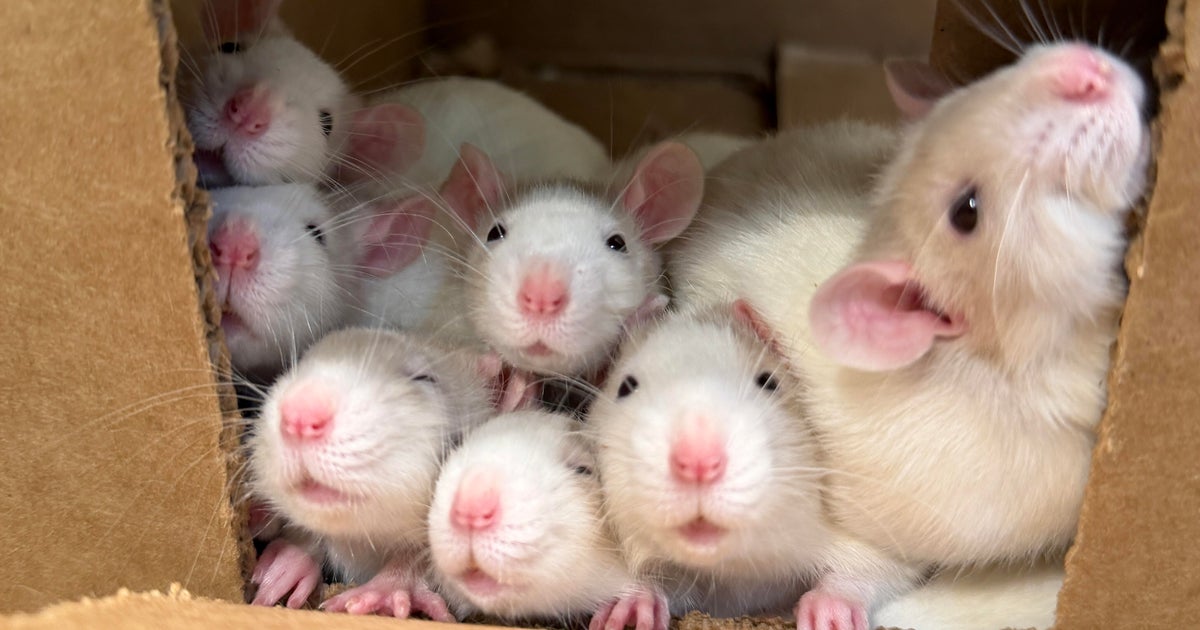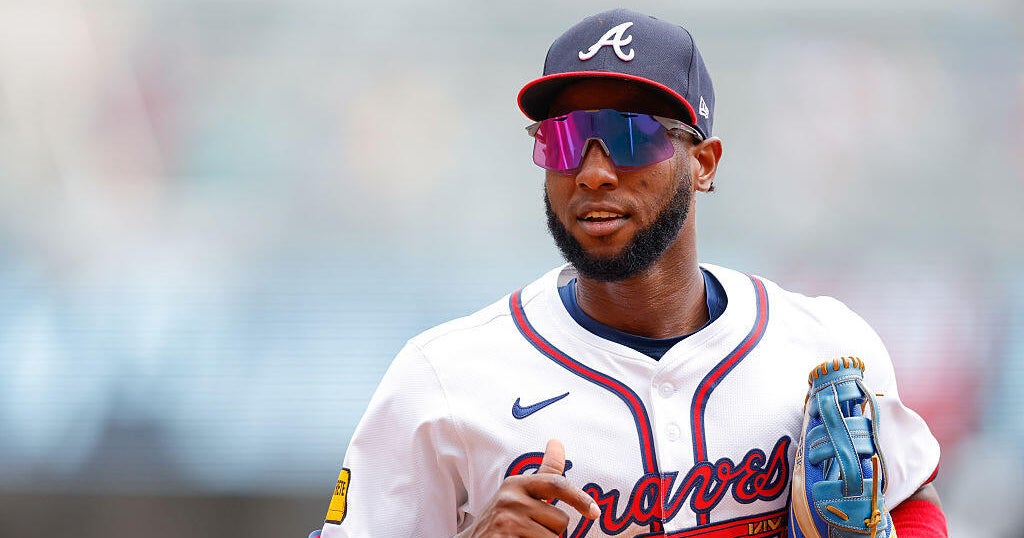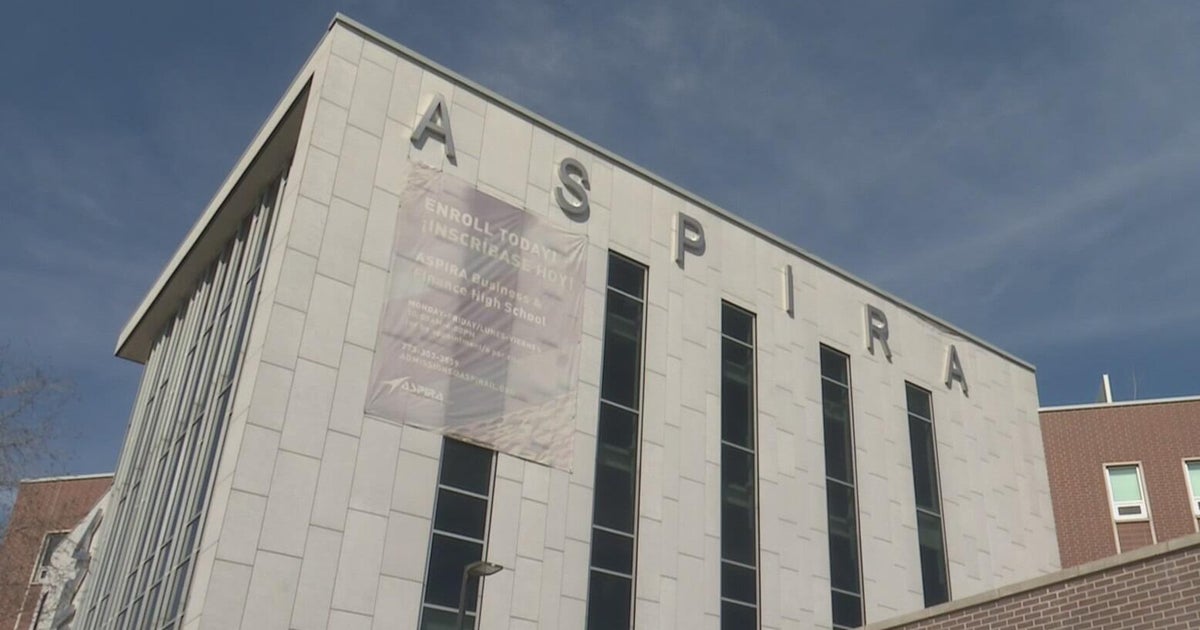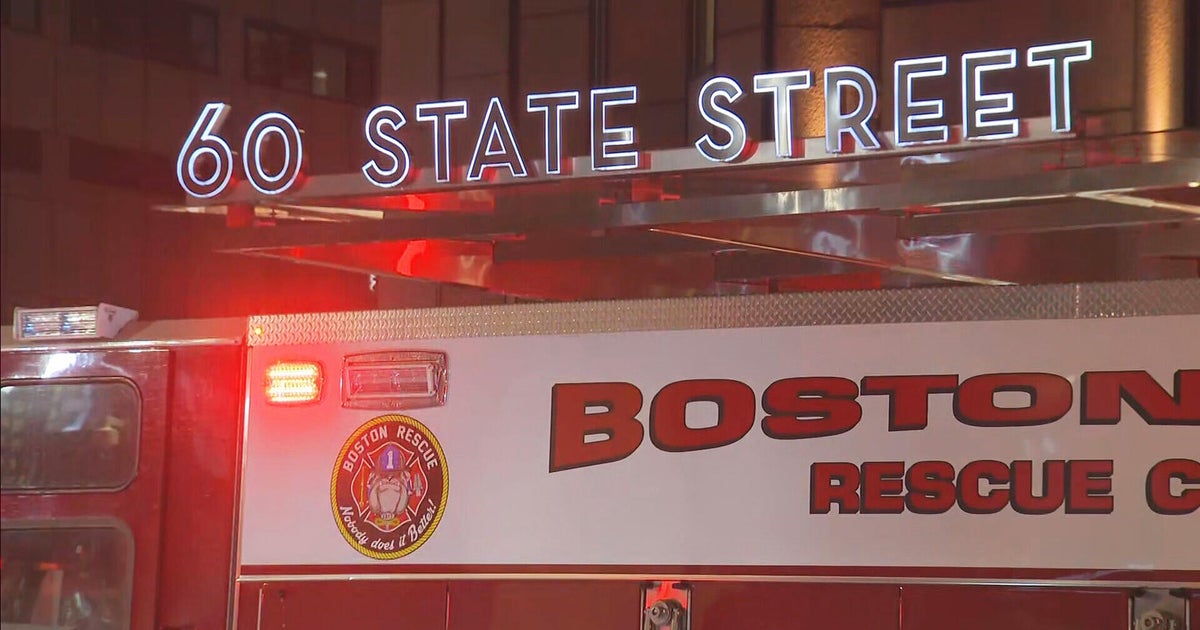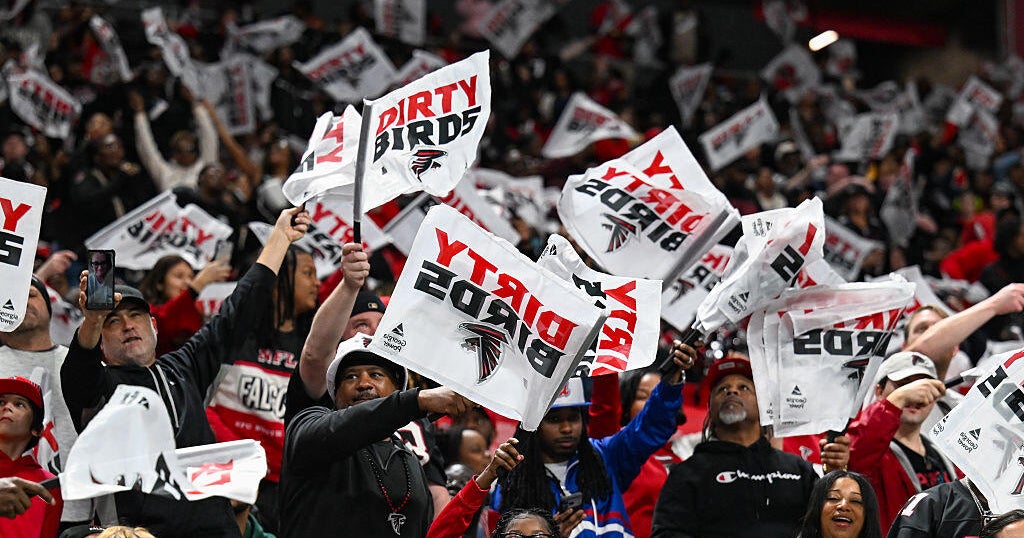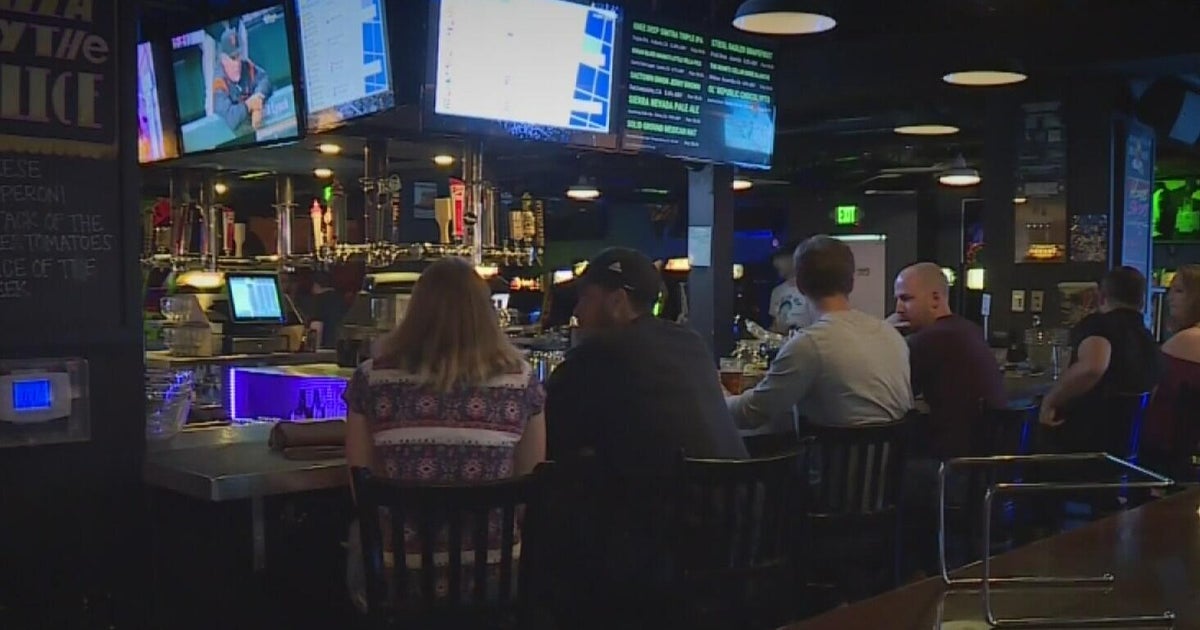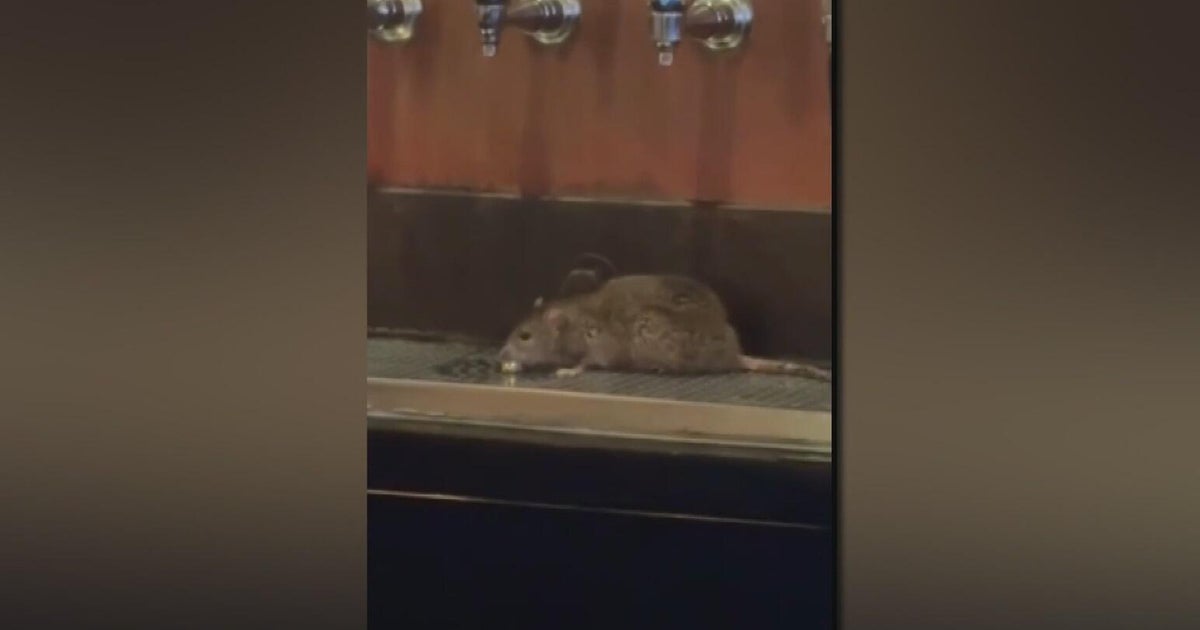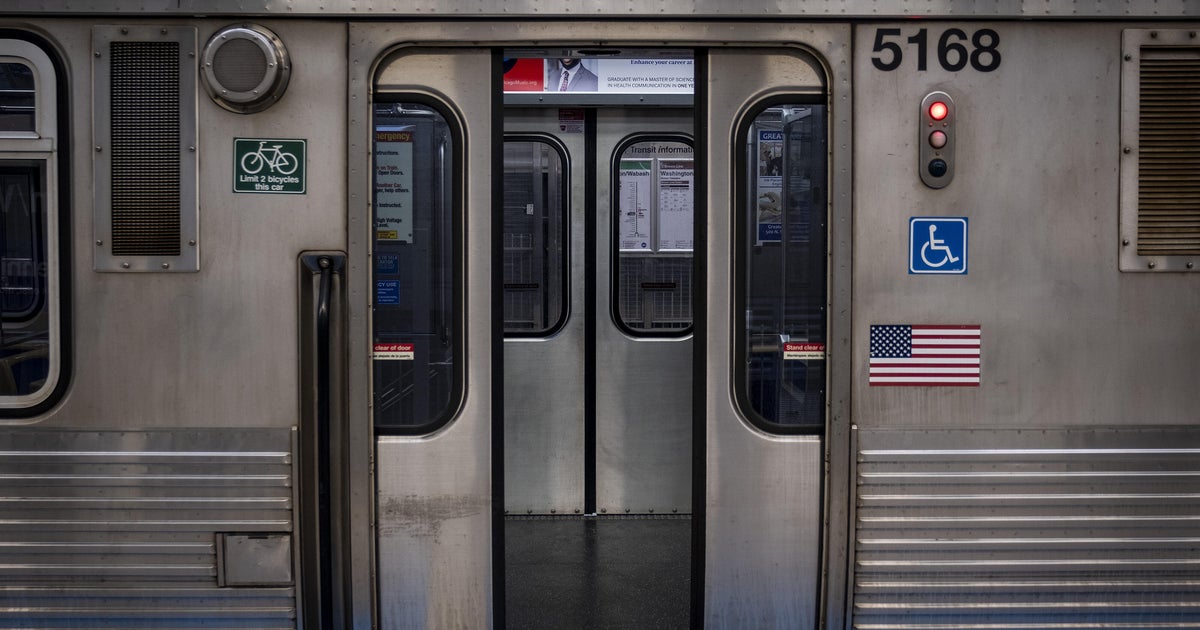Red Sox undecided as some MLB teams extend beer sales due to shortened games
BOSTON — Thanks to the pitch clock, the action is moving much faster at Major League Baseball games.
It also means a little less time for fans to enjoy a frosty adult beverage.
To combat that time crunch, at least four teams — the Arizona Diamondbacks, Texas Rangers, Minnesota Twins and Milwaukee Brewers — have extended alcohol sales through the eighth inning this season. The Red Sox, meanwhile, are among other teams that still have seventh-inning cutoffs, but haven't ruled out changes.
Teams historically have stopped selling alcohol after the seventh.
That is the case at Fenway Park. The Red Sox said in a statement Thursday that they are open to potential adjustments.
"We are still evaluating the impact of new pace of play rules on all elements of the fan experience, including the concession operation. We are still looking to become better educated and will pursue adjustments if deemed appropriate," a team spokesperson said in an e-mail.
At least one team, the Baltimore Orioles, already sold alcohol through the eighth inning, or until 3 1/2 hours after first pitch, whichever came first.
MLB games have been considerably shorter this season, largely thanks to a series of rule changes, particularly the new pitch clock. Through the first 1 1/2 weeks of the season, the average game time was down 31 minutes, on track to be the sport's lowest since 1984.
The minor leagues played with the pitch clock last season. At least one minor league general manager — Kevin Mahoney of the Class A Brooklyn Cyclones — said there was no dropoff in concession sales even with shorter games.
Still, some big league teams have felt the need to make adjustments.
The Rangers allowed some alcohol sales in the eighth inning last season, but have made that option more widely available in 2023. The team said the move to offer in-seat service to everyone — fans can order on their phones — was done partly in reaction to the pitch clock and the potential of shorter game times so fans would not have to miss extended action waiting in lines at concession stands.
Brewers President of business operations Rick Schlesinger confirmed to MLB.com that their team's move to extend alcohol sales through the eighth was an experiment.
"If it turns out that this is causing an issue or we feel that it might cause an issue, then we'll revert to what we have done previously," Schlesinger said.
MLB says it does not regulate when teams sell alcohol. Most franchises have used the seventh inning as a cutoff, at least partly to avoid overserving customers who could then get in their cars and drive home.
But in reality, most teams already had areas around the ballpark where fans could get alcohol after the seventh, even if the concession stands stopped serving. Many parks are connected to restaurants or have VIP areas where the booze still flows.
"If it cuts off sales in the seventh inning, the eighth inning or the ninth inning, that really doesn't affect our stance because regardless, we just don't want people to drink alcohol and then drive home from the game," said Erin Payton, Regional Executive Director for Mothers Against Drunk Driving.
In an interview on the "Baseball Isn't Boring" podcast, former Red Sox pitcher Matt Strahm said he believes teams should be going in the other direction and stopping beer sales earlier in the game.
"The reason we stopped hitting the seventh before was to give our fans time to sober up and drive home safe, correct? So now with a faster pace game, and me just being a man of common sense, if the game is going to finish quicker, would we not move the beer sales back to the sixth inning to give our fans time to sober up," Strahm said. "Instead, we're going to the eighth, and now you're putting our fans and our family at risk driving home with people who have just drank beers 22 minutes ago."
___
AP Baseball Writers Ronald Blum, Noah Trister and Stephen Hawkins, and AP Sports Writers Dave Campbell, Alanis Thames and Ryan Kryska contributed to this report.
